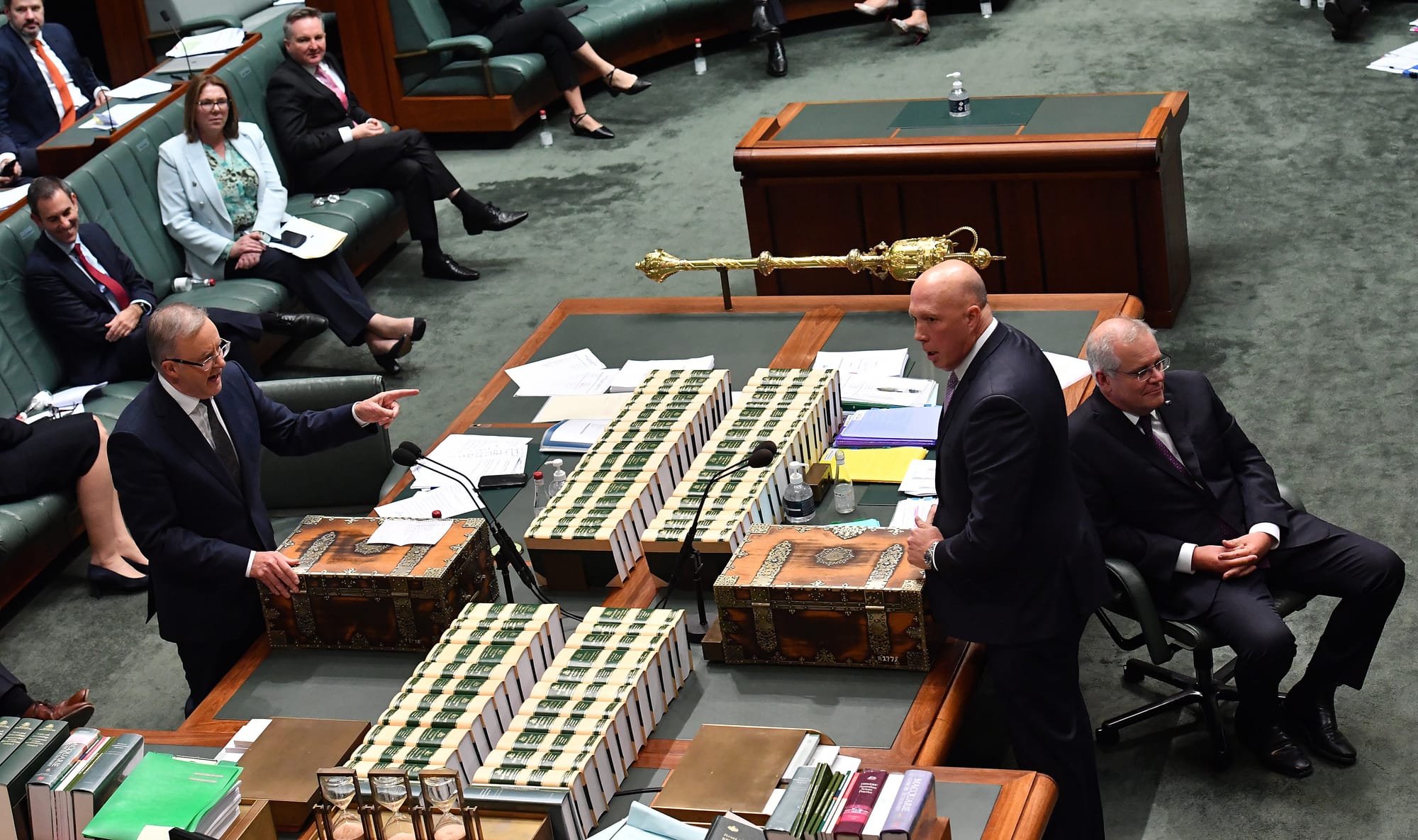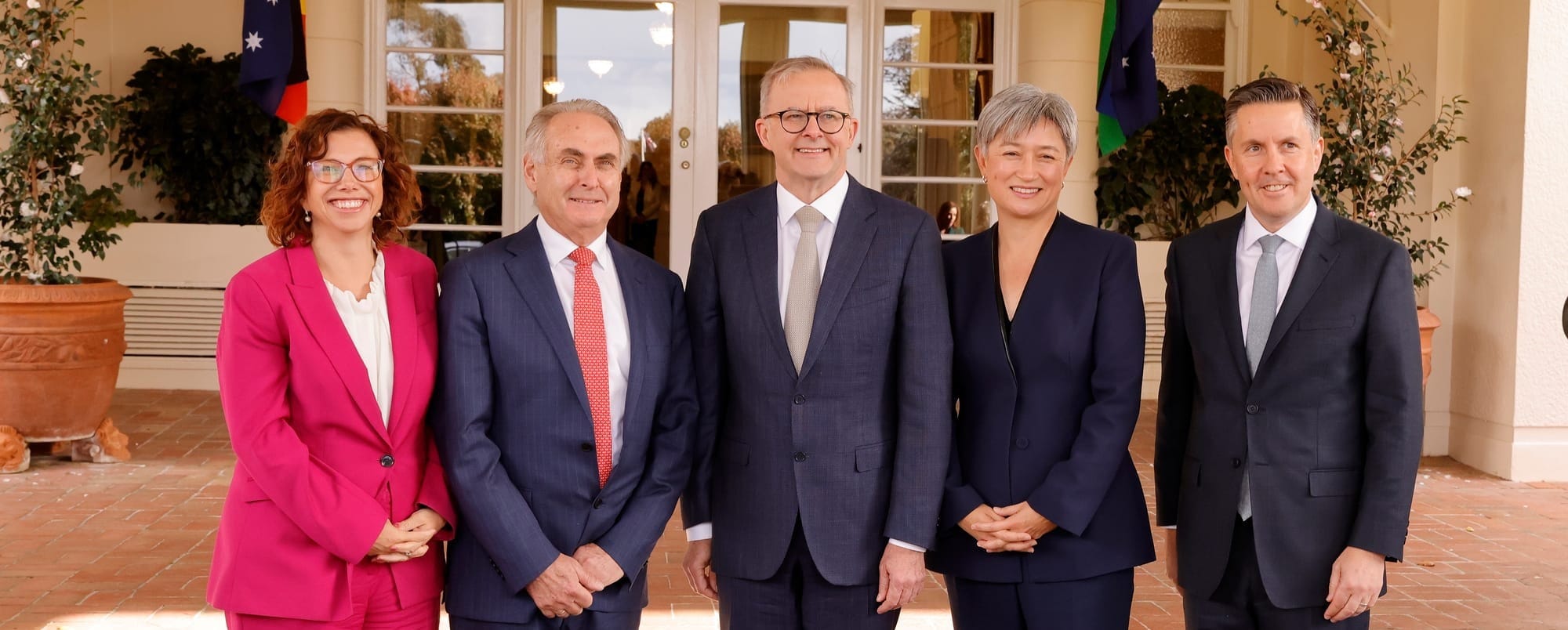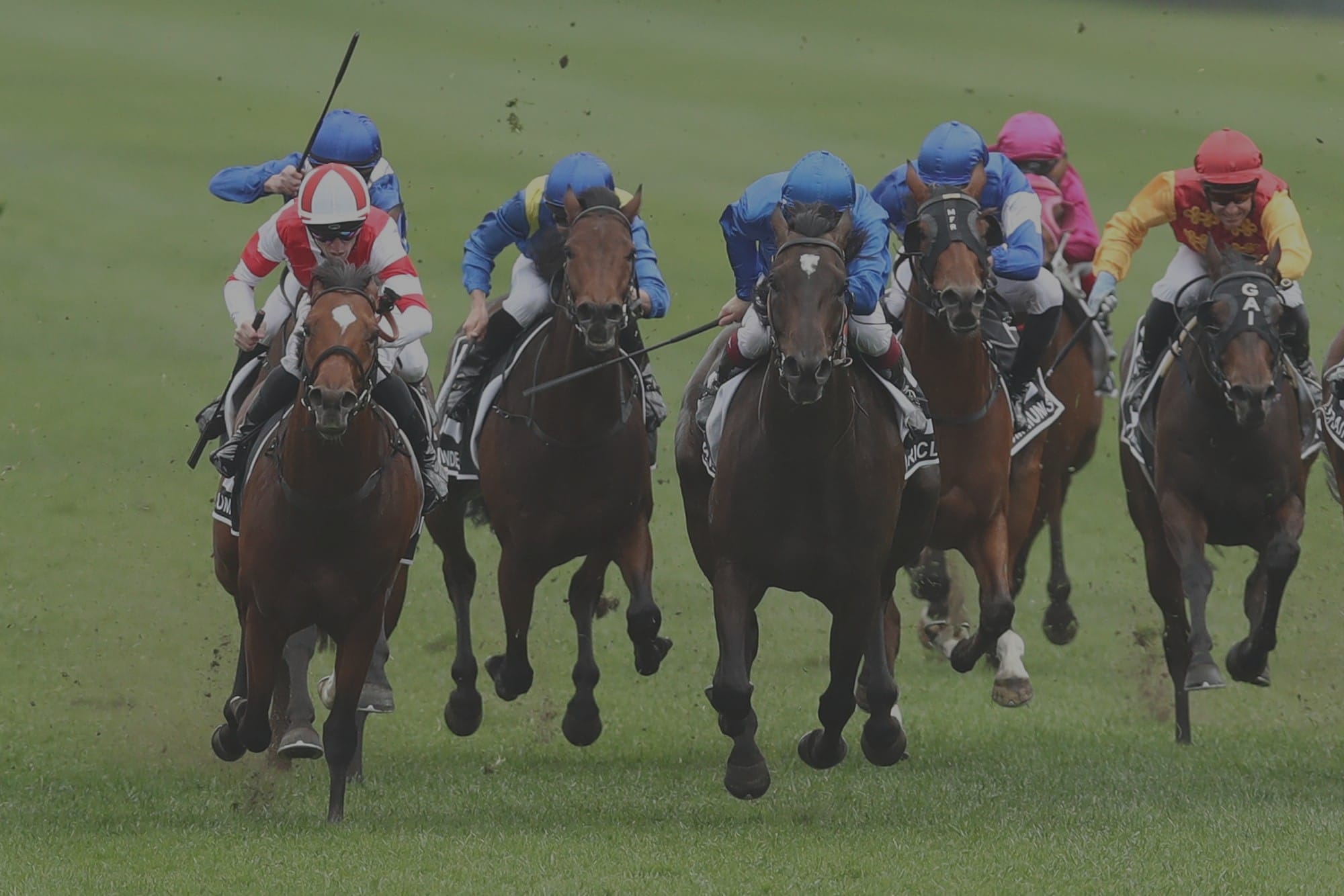Albanese defends ongoing delay on gambling advertising reform
Prime Minister Anthony Albanese has refused to outline a timeframe for a decision on gambling advertising reform, defending the delay, saying his government wanted to plot the right path in what he described as a complex issue.

It is nearly 12 months since a bipartisan parliamentary committee released its You Win Some, You Lose More Report, which detailed 31 recommendations around gambling regulation, harm reduction and advertising and promotion.
The proposed changes, which include a ban on all gambling advertising within three years and the end of inducements and other promotions, would have a significant impact on the Australian wagering sector and those industries, such as racing and sports, which derive income from it.
But a decision on what reform the federal government may pursue has sat on the backburner with federal Communications Minister Michelle Rowland since June last year.
The Prime Minister was specifically asked about the ban on gambling advertising in Question Time on Thursday by independent MP Andrew Wilkie, who implored Albanese “why don’t you do your job and ban the advertising?”
Albanese responded by listing a raft of gambling reforms he said his government had introduced since coming to power in May 2022, including the introduction of BETSTOP, mandated pre-customer pre-verification and a ban on the use of credit cards to deposit into betting accounts.

Wilkie was none-too-pleased with the genuine response, prompting a rebuke from speaker Milton Dick. Albanese eventually got on to the issue of gambling advertising.
“We want to make sure, it’s not much good if you’re shutting down an ad in one place, only for it to pop up somewhere else,” Albanese said.
“The truth is that these issues are complex, because people in 2024 don’t just have televisions or radios, they carry with them devices where ads can pop up and appear, where people can get access, not just from Australia, but from overseas as well.”
In an interesting development, Albanese specifically referenced the use of VPNs, pointing to the possibility of advertisers finding a way around any restrictions and unregulated overseas operators being able to target Australian punters instead.
“We want to make sure that any measures that are taken actually can deliver on the outcome that we want,” he said.
“We want people to not engage in gambling in a way that damages families, that causes harm, that causes addiction, because we know that that can have a devastating impact on the community.
“But we do want to make sure that any measures are right. And that’s why I would encourage the member to continue to work with the government on these issues to make sure, indeed, that we do get it right.”
It is the latest example of the government refusing to commit to a timeline on reform, with the possibility an advertising ban could be used to leverage popular support through an election campaign either later this year or early next.

Wilkie, a Tasmanian MP who is noted for his anti-gambling stance, lashed the Prime Minister’s response in a statement issued after Question Time.
“The Prime Minister continues to dodge the most important recommendation from the Standing Committee on Social Policy and Legal Affairs’ report into online gambling and its impacts on those experiencing gambling harm – the much-needed ban on gambling advertising,” he said.
“Yes, to its credit the Government has implemented some important measures such as BetStop and a ban on gambling with a credit card. But the predatory and intensely irritating nature of gambling advertising continues to fester within the community and cause serious harm.”
“The Government must stop pandering to the gambling industry, the media and the big sporting codes, and ban all gambling advertising.”






